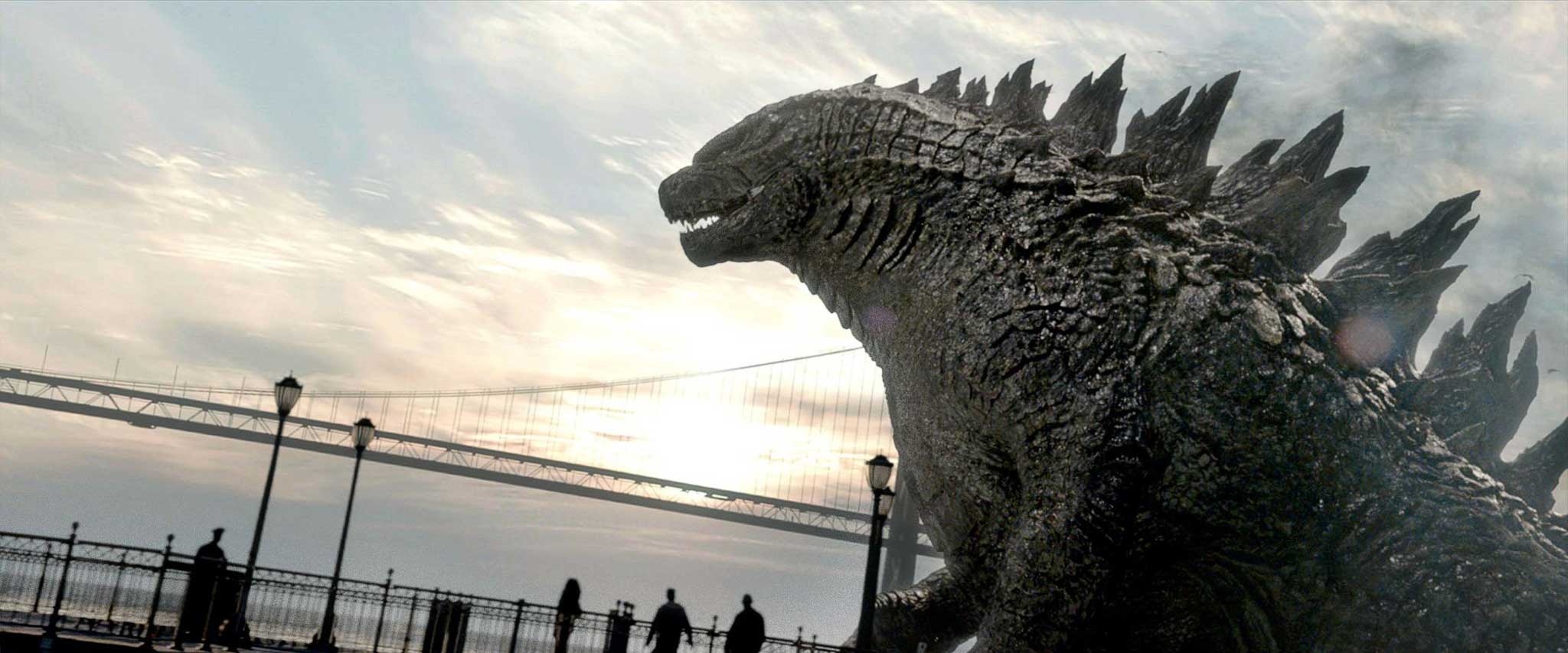Godzilla review: Po-faced remake exploits all the fresh disasters it can think of
(12A). Dir. Gareth Edwards; Starring Aaron Taylor-Johnson, Elizabeth Olsen, 123mins. 2 Stars

Your support helps us to tell the story
From reproductive rights to climate change to Big Tech, The Independent is on the ground when the story is developing. Whether it's investigating the financials of Elon Musk's pro-Trump PAC or producing our latest documentary, 'The A Word', which shines a light on the American women fighting for reproductive rights, we know how important it is to parse out the facts from the messaging.
At such a critical moment in US history, we need reporters on the ground. Your donation allows us to keep sending journalists to speak to both sides of the story.
The Independent is trusted by Americans across the entire political spectrum. And unlike many other quality news outlets, we choose not to lock Americans out of our reporting and analysis with paywalls. We believe quality journalism should be available to everyone, paid for by those who can afford it.
Your support makes all the difference.The Toho studio's 1954 smash hit Godzilla showed a nuclear-radiated dino-monster wreaking destruction on a nation for which nuclear destruction was still a fresh horror.
Between that and Roland Emmerich's 1998 version of the story, the monster rather lost some of its symbolic potency, but now this po-faced big-budget remake seems intent on exploiting all of the fresh disasters it can think of.
It begins with a Fukushima-style nuclear power plant meltdown. There are earthquakes and a tsunami. Planes fly into the sides of buildings and, of course, skyscrapers crumble to the ground.
Gareth Edwards, the British director of the low-budget special-effects wonder Monsters, is very good at digitally recreating the kind of sights we're accustomed to seeing on the news: the bustle of FEMA emergency relief centres and the eerie lifelessness of evacuated radiation zones, as well as the spectacle of destruction itself. But to what end?
All human suffering is reduced to a statistic glimpsed in passing on a TV screen, while all human agency, which is kind of important in narrative cinema, is reduced to the situation room in which a Japanese scientist and a US general explain small chunks of plot to each other.
The monsters, it must be said, are awesome. But they have tiny pre-mammalian brains and only the most basic, instinctive motivations. So when they are your film's most interesting characters, even the most spectacle-hungry viewer is going to get bored.
Join our commenting forum
Join thought-provoking conversations, follow other Independent readers and see their replies
Comments